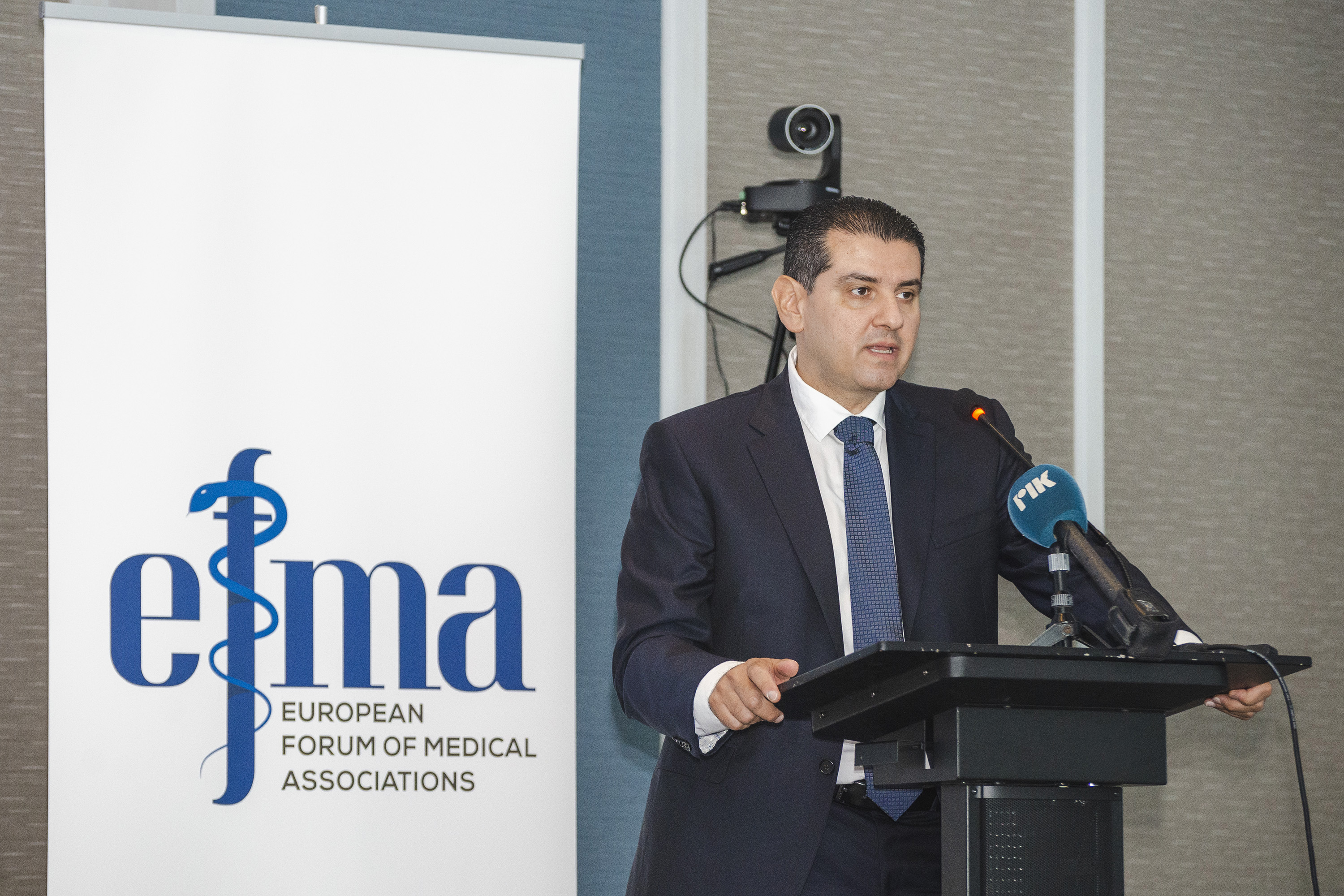Health Minister Michael Damianos should be congratulated for ignoring the reactionary pressure of the government doctors’ union Pasyki and going ahead with the submission of the bill that would establish university clinics at public hospitals. The bill was approved by the council of ministers this week and forwarded to the House health committee which will discuss it with stakeholders before it is put to the vote.
This is not the first bill for the establishment of university clinics that has been sent to the legislature. Previous bills were not approved, the parties agreeing that there had been inadequate dialogue among the interested parties and urging the sides to carry on talking until they reached a mutually acceptable arrangement. The problem was that Pasyki did not approve any of the bills and pressured the political parties to reject them, which they did. To justify their disgraceful pandering to the bullies of Pasyki, the parties urged more discussions between the ministry and doctors’ union.
Ten years of discussion have failed to produce the much-desired consensus for the very simple reason that the government doctors want to oversee the university clinics and the academic doctors working under them. It would not be a surprise if there was a monetary element to Pasyki’s demands, which are primarily about control. Pasyki’s arrogance was illustrated by union boss Dr Sotiris Koumas, who said that what the minister said about the contents of the bill “do not reflect the positions of Pasyki.” Comments about the content of the bill had been made by the minister, but “we who are one of the interested parties, who should be in constant consultation, do not know about it.”
This is because the government doctors labour under the illusion – encouraged by cowardly politicians terrified of standing up to them – that they own public hospitals and any decision taken must have their approval. In reality, it is none of their business how hospital clinics are organised and run. Such matters are decided by the University of Cyprus, Okypy and the health ministry and Pasyki should be excluded from the decision making, which is exactly what Damianos, commendably, has done.
Damianou pointed out that discussions of the hospital clinics have been going on inconclusively since 2014. There had been separate and joint meetings with all sides, “and if we waited for everyone to agree with each other, we would never have put together a bill,” said Damianos, who is the fifth health minister attempting to solve the problem. The doctors would be able to see the bill when it is discussed in the legislature, said the minister, adding that they could give their positions, which had not changed in ten years, at the health committee.
It was high time a minister stopped pandering to the bullies of Pasyki, who had become accustomed to always getting their own way. It was also important to make it clear that they will not be dictating the structure and mode of operation of the university clinics. Damianos, to his credit, refused to be intimidated by the doctors union, in contrast to several of his predecessors at the ministry. Now, he needs to win over the support of enough parties to secure the approval of the bill, because Pasyki will direct their bullying at deputies.






Click here to change your cookie preferences